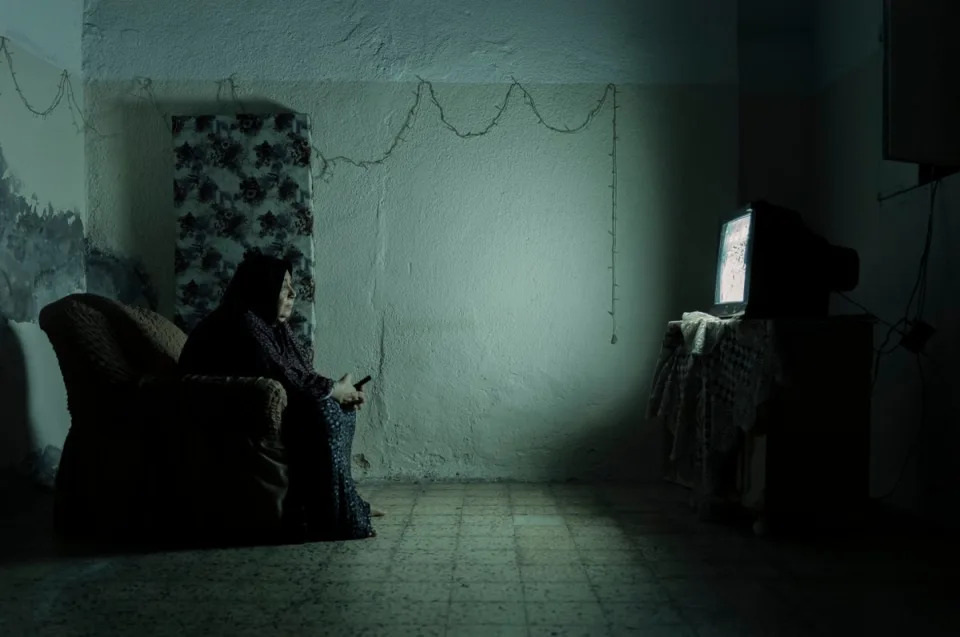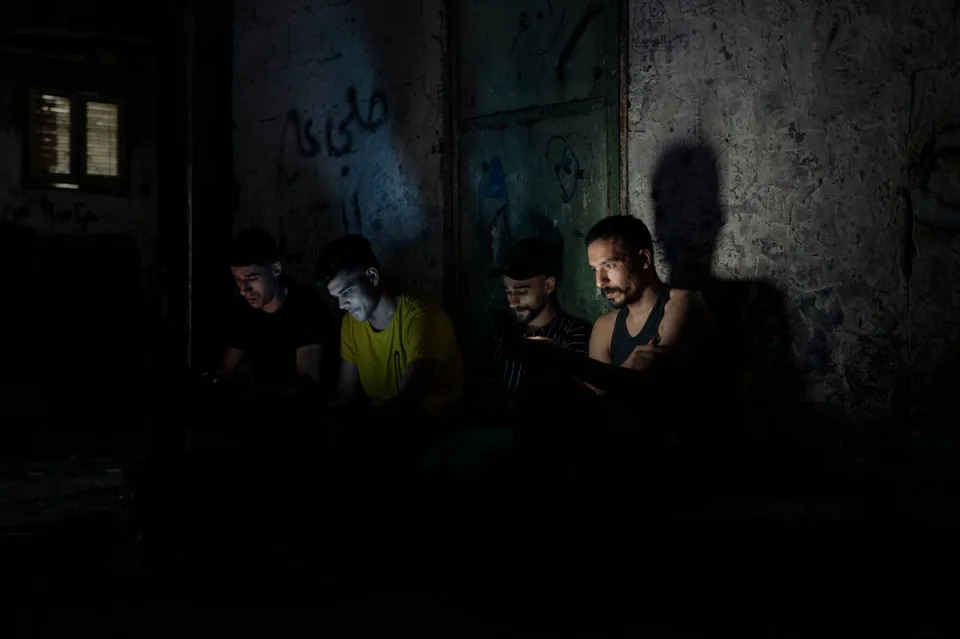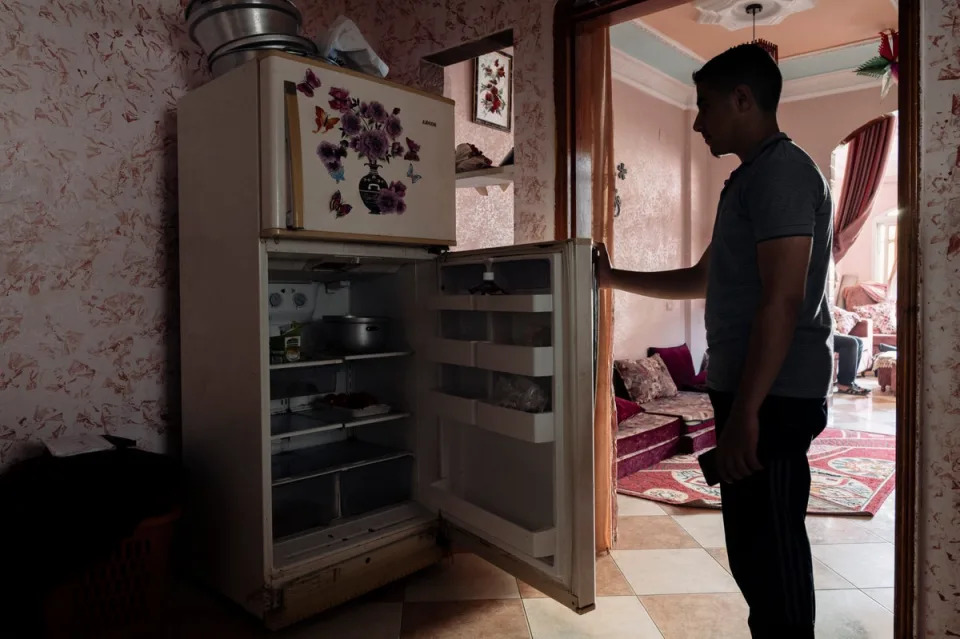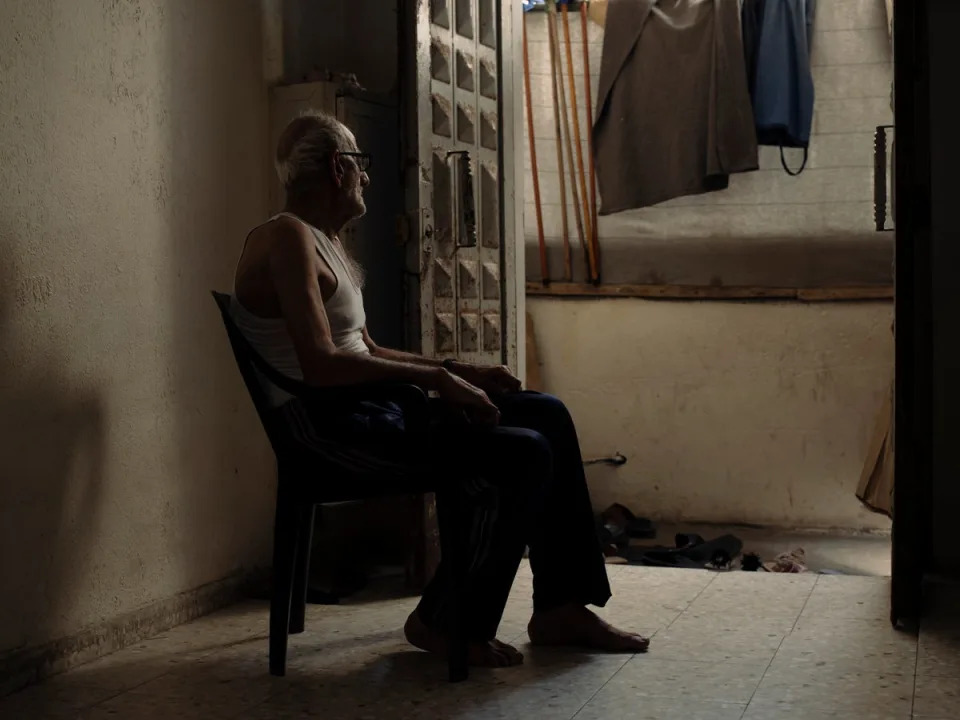Norway to offer record number of Arctic oil, gas exploration blocksTue, 24 January 2023 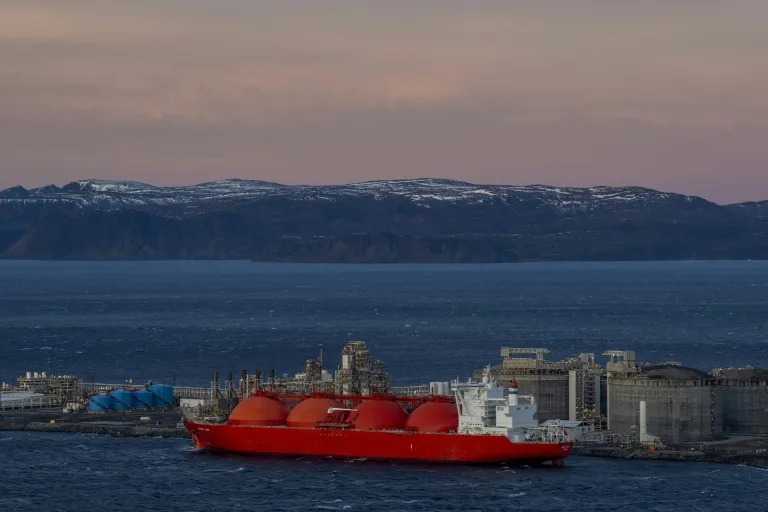 Norway on Tuesday said it plans to offer a record number of gas and oil exploration blocks in the Arctic, with environmental NGOs condemning an "aggressive" promotion of fossil fuels.The Scandinavian nation -- Europe's primary natural gas supplier and a major oil producer -- proposed 92 exploration blocks, including an unprecedented 78 in the Barents Sea in the far north.The other 14 are in the Norwegian Sea near the Arctic Circle."New discoveries remain necessary to continue to develop the Norwegian plateau" and are important for Europe, Oil and Energy Minister Terje Aasland said in a statement.The announcement is part of the annual granting of oil licences in so-called "mature" zones that have already been widely explored.The centre-left government, lacking a parliamentary majority, reached an agreement with the Socialist Left party last year to forbid prospection in unexplored areas by 2025.The government's propositions sparked outrage among environmental organisations.Truls Gulowsen, head of the Norwegian branch of Friends of the Earth, condemned an "extremely aggressive" cycle of concessions presented as the United Nations and the International Energy Agency discourage further oil exploration to achieve climate goals.The NGO said the proposal would violate the commitment not to explore virgin territory as some blocks were to be located far from existing infrastructure.The right-wing opposition, a fervent defender of Norway's oil sector, said the move was a "tactical game" by the government to give itself bargaining chips to use in future negotiations with the Socialist Left.Oil industry body Offshore Norge welcomed the fact that "attractive areas" would be opened to prospection.The proposals will go to a public consultation. Oil companies must submit their applications later this year and licences will be granted in January 2024.The Barents Sea has long been seen as a productive area for the energy sector, but oil and gas extraction is so far only taking place at two sites in Norwegian waters.phy/map/imm/ea
Norway on Tuesday said it plans to offer a record number of gas and oil exploration blocks in the Arctic, with environmental NGOs condemning an "aggressive" promotion of fossil fuels.The Scandinavian nation -- Europe's primary natural gas supplier and a major oil producer -- proposed 92 exploration blocks, including an unprecedented 78 in the Barents Sea in the far north.The other 14 are in the Norwegian Sea near the Arctic Circle."New discoveries remain necessary to continue to develop the Norwegian plateau" and are important for Europe, Oil and Energy Minister Terje Aasland said in a statement.The announcement is part of the annual granting of oil licences in so-called "mature" zones that have already been widely explored.The centre-left government, lacking a parliamentary majority, reached an agreement with the Socialist Left party last year to forbid prospection in unexplored areas by 2025.The government's propositions sparked outrage among environmental organisations.Truls Gulowsen, head of the Norwegian branch of Friends of the Earth, condemned an "extremely aggressive" cycle of concessions presented as the United Nations and the International Energy Agency discourage further oil exploration to achieve climate goals.The NGO said the proposal would violate the commitment not to explore virgin territory as some blocks were to be located far from existing infrastructure.The right-wing opposition, a fervent defender of Norway's oil sector, said the move was a "tactical game" by the government to give itself bargaining chips to use in future negotiations with the Socialist Left.Oil industry body Offshore Norge welcomed the fact that "attractive areas" would be opened to prospection.The proposals will go to a public consultation. Oil companies must submit their applications later this year and licences will be granted in January 2024.The Barents Sea has long been seen as a productive area for the energy sector, but oil and gas extraction is so far only taking place at two sites in Norwegian waters.phy/map/imm/ea
Norway’s fossil fuel bonanza stokes impassioned debate about how best to spend its ‘war profits’
Story by Sam Meredith • Yesterday - CNBC
Norway's skyrocketing oil and gas wealth is expected to climb to new heights this year, boosted by higher fossil fuel prices in the wake of Russia's nearly year-long onslaught in Ukraine.
It has ignited an impassioned debate about international justice, with many questioning whether it is fair for Norway to rake in record oil and gas revenues at the expense of others' misfortune.
"Most European countries are getting poorer because of the war. Norway is getting richer — much richer," Lars-Henrik Paarup Michelsen, director of the Norwegian Climate Foundation think tank, told CNBC via telephone.

Norway is making more money from oil and gas exports than ever.© Provided by CNBC
Norway's skyrocketing oil and gas wealth is expected to climb to new heights this year, boosted by higher fossil fuel prices in the wake of Russia's nearly year-long onslaught in Ukraine.
The ballooning petroleum profits of the Scandinavian country put Oslo in a unique position: As many in Europe are struggling to cope with the region's worst energy crisis in decades, Norway — already extremely rich — is getting richer still.
It has ignited an impassioned debate about international justice, with many questioning whether it is fair for Norway to rake in record oil and gas revenues at the expense of others' misfortune.
Opposition lawmakers, prominent economists in the country, and even titans of Norway's energy industry have called on the government to set an example to the world by pumping its fossil fuel revenues into a new international solidarity fund that helps countries meet their climate goals.
Norway's Finance Ministry expects the state's revenues from oil and gas sales to climb to 1.38 trillion Norwegian krone ($131 billion) this year. That's up from a previous record of 1.17 trillion krone last year, and a nearly fivefold increase from 288 billion krone in 2021.
"They are war profits," Lars-Henrik Paarup Michelsen, director of the Norwegian Climate Foundation think tank, told CNBC via telephone.
"Most European countries are getting poorer because of the war. Norway is getting richer — much richer."

Opposition lawmakers, prominent economists and even titans of Norway's energy industry have called on Prime Minister Jonas Gahr Store's government to set an example to the world by pumping at least some of its fossil fuel revenues into a new international solidarity fund.© Provided by CNBC
Michelsen said he was fearful that by choosing to pocket its bumper oil and gas profits, Norway is damaging its international reputation, warning that the country is at risk of being perceived as "very egocentric."
"We are in a completely different position than the rest of Europe and I think, with that, it also bears a responsibility," Michelsen said. He called for the government to redirect its extraordinary windfall to further help Ukraine, accelerate Europe's energy transition and provide climate finance for low-income countries.
Related video: Fossil fuel industry takes gaslighting to new level with dark money campaign (MSNBC) Duration 4:11 View on Watch
"This situation is certainly not of our making and not to our liking," Norway's Deputy Foreign Minister Eivind Vad Petersson told CNBC via telephone. He argued that it is critically important for Europe's energy security that Norway keeps gas production high.
Petersson said the government's financial support to Ukraine is approaching 1.5 billion euros ($1.63 billion), adding that the country's policymakers are working on a multi-year program to continue to help Kyiv.
When asked about accusations that the country is war profiteering, Petersson replied, "No, not really … The indirect effect, we fully acknowledge, is that our revenues have increased, but I do not accept that label."
"We are very well aware of the responsibility that comes with the fact that we have these resources. Of course, the responsibility to protect it, bearing in mind the crucial role of energy security now in Europe for this winter and possibly next," Petersson said.
He added that Norway's government is also "fully aware of the responsibility that comes with being a supporter and donor, not only to Ukraine but also other countries across the world suffering the effects of Russia's war."
'We should contribute more with this money'
Norway, which last year overtook Russia as Europe's biggest natural gas supplier, has been one of the world's top crude producers for the past half-century. That's thanks to its gigantic North Sea petroleum deposits — the spoils of which have been used to provide a robust safety net for current and future generations.
The Norwegian government's net cash flow from petroleum sales is transferred into Norway's $1.3 trillion sovereign wealth fund. The government can only spend a small part of the fund each year, but this is still estimated to amount to nearly 20% of the government budget.
The so-called Government Pension Fund Global, among the world's largest sovereign wealth funds, was established in the 1990s to invest the surplus revenues of Norway's oil and gas sector. To date, the fund has invested in more than 9,300 companies in 70 countries around the world.

Norway, which last year overtook Russia as Europe's biggest gas supplier, has been one of the world's top crude producers for the past half-century.© Provided by CNBC
"These excess profits, as we may call it, are a direct result of the war," said Ingrid Fiskaa, foreign affairs spokesperson for Norway's Socialist Left, whose support is critical for Prime Minister Jonas Gahr Store's minority government.
Fiskaa highlighted that legislation in Norway limits the use of oil revenues in the domestic economy to avoid high inflation — and that, she argues, strengthens the case for investing in international solidarity.
"There should be a lot more debate on this issue," Fiskaa told CNBC via telephone. "Oil companies are getting richer and richer, but we don't see that money — and who is really paying for this? It is the rest of the world. We should contribute more with this money."
Norway's aid budget has hovered near 1% of its gross national income for more than a decade, making it one of the world's most generous donors.
Store's government was sharply criticized last year for proposing to cut the proportion of GNI it spends on foreign aid to 0.75%. That level is still significantly above the Organization for Economic Cooperation and Development's average of 0.3%, but civil society groups described the move as "embarrassing" at a time when Oslo was making money like never before.
Norway's foreign ministry has since pledged to deliver on its aid budget target of 1% of GNI in 2023.
Norway sovereign wealth fund excludes AviChina, Bharat Electronics
Tue, 24 January 2023
OSLO (Reuters) - Norway's sovereign wealth fund, the world's largest, said on Tuesday it has excluded China's AviChina and India's Bharat Electronics from its portfolio.
The two were excluded due to "unacceptable risk that (the) companies are selling weapons to a state that uses these weapons in ways that constitute serious and systematic breaches of international rules on conduct of hostilities," the fund said.
"The background for the decision is sales of light airplanes and other military material respectively to the military in Myanmar," Norges Bank Investment Management said.



